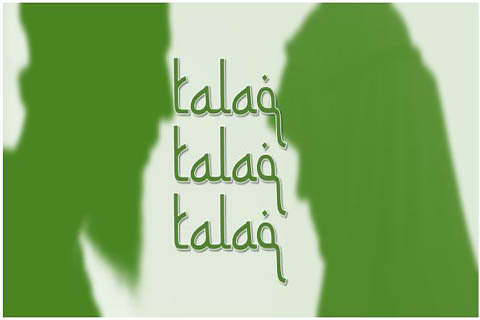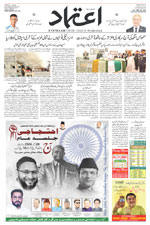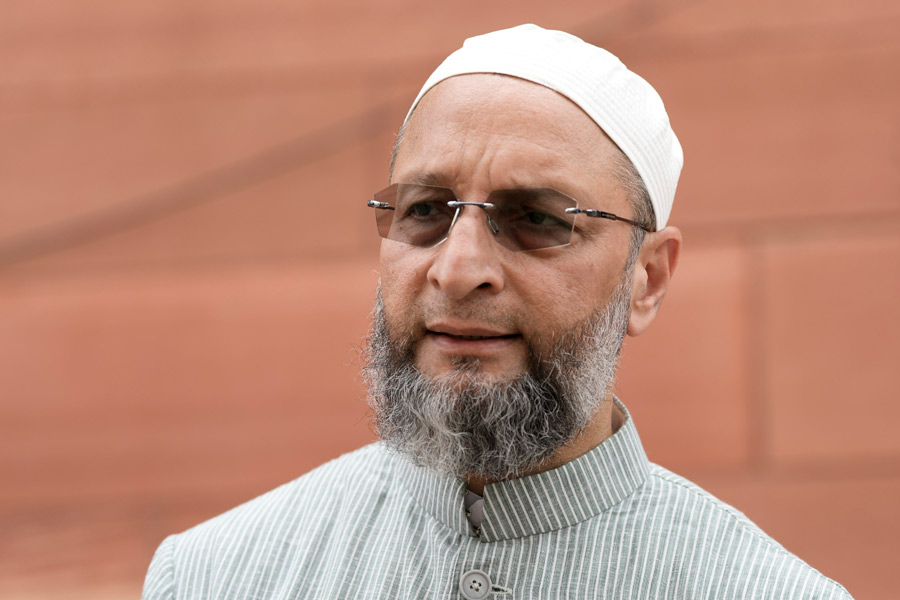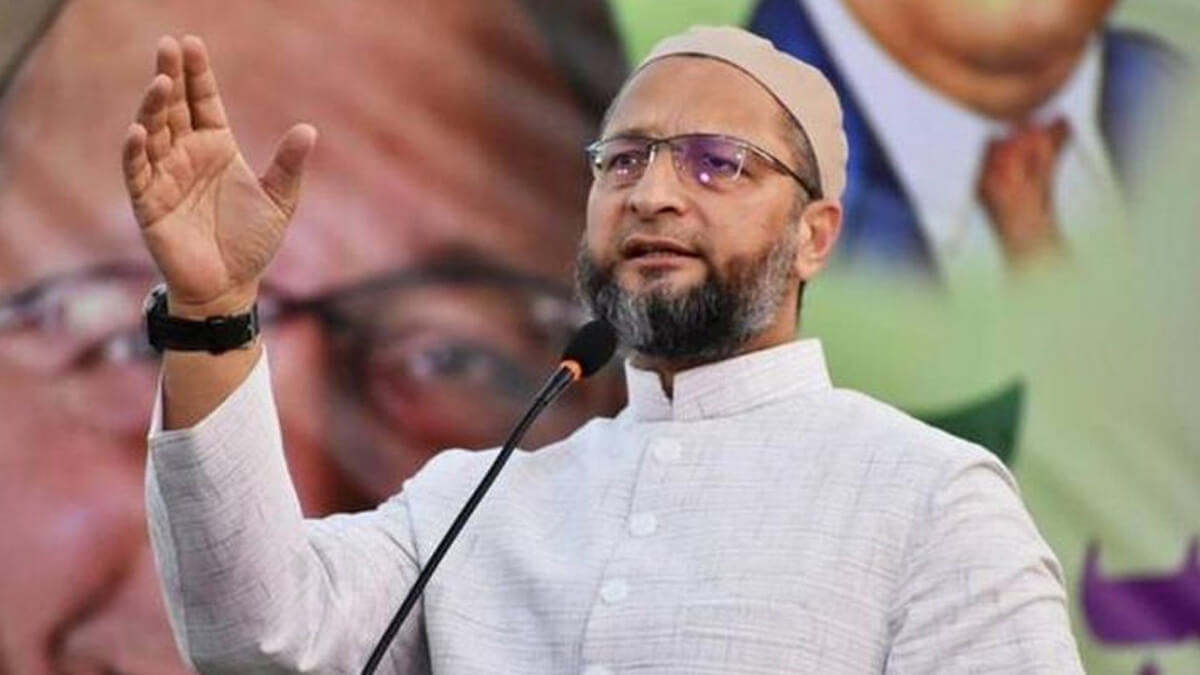Government: Instant triple talaq non-bailable offense, 3 years imprison, fine for guilty
Sat 02 Dec 2017, 12:09:29

Instant Triple talaq The proposed law, which engages Muslim ladies, applies to instant triple talaq in "oral, composed, electronic or some other frame". Any announcement of talaq-e-biddat by a Muslim man should be "unlawful and void", says the draft law.
Over three months after the Supreme Court “set aside” the practice of instant triple talaq or talaq-e-biddat, the Centre has drawn up a draft law which makes it a “cognizable and non-bailable” offence, punishable with three years jail and a monetary fine. The draft law Muslim Women (Protection of Rights on Marriage) Act also allows a woman who has been given instant triple talaq to move court, seeking “subsistence allowance” for herself and dependent children, as well as custody of minor children. A Bill to this effect is likely to be tabled in the winter session of Parliament, highly placed government sources said on Friday
The terms of the proposed enactment were finished after talks, by a Group of Ministers (GoM) which included Rajnath Singh, Sushma Swaraj, Arun Jaitley and Ravi Shankar Prasad.
Clarifying the method of reasoning behind the new law, sources said the act of instant triple talaq has not halted regardless of the Supreme Court arrange. The sources likewise communicated worry that the Muslim Personal Law Board had not possessed the capacity to do anything on the issue notwithstanding its confirmations to the supreme court.
The Centre has forwarded the draft law to states, and asked them to send their
views soon. Though marriage and divorce figure in the concurrent list, the Centre thought it proper, in view of the recommendations of the Sarkaria Commission, to consult the states, said a senior official. The law, however, will not apply to Jammu and Kashmir.
views soon. Though marriage and divorce figure in the concurrent list, the Centre thought it proper, in view of the recommendations of the Sarkaria Commission, to consult the states, said a senior official. The law, however, will not apply to Jammu and Kashmir.
On whether the law would also have retrospective effect, the official said that would be for the Parliament to decide.
In a landmark verdict on August 22, the Supreme Court had “set aside” the centuries-old practice of instant triple talaq in which Muslim men divorce their wives by uttering talaq three times in quick succession.
Three of the five judges on the Constitution Bench Justices Rohinton F Nariman, Uday U Lalit and Kurian Joseph called the training un-Islamic and "discretionary" and couldn't help contradicting the view that triple talaq was an indispensable piece of religious practice.
Yet, the minority decision of then Chief Justice of India J S Khehar and Justice S Abdul Nazeer underlined the power of Muslim individual law and said the training delighted in established insurance and was past the extent of legal investigation. They were of the view that Parliament ought to consider a "proper" law to manage the issue of talaq-e-biddat.
They said, As indicated by sources, 244 instances of triple talaq 177 under the watchful eye of the Supreme Court's decision and 67 after that were accounted for from the nation over this year, with Uttar Pradesh topping the rundown. The real figures could be substantially more
No Comments For This Post, Be first to write a Comment.
Most viewed from National
Most viewed from World
AIMIM News
Owaisi hails SC order on Places of Worship Act
Dec 13, 2024
AAP Corporator Tahir Hussain joins AIMIM party
Dec 11, 2024
BJP-SP two sides of same coin: Asaduddin Owaisi
Nov 19, 2024
Latest Urdu News
Most Viewed
May 26, 2020
Do you think AAP will perform better in Delhi polls without alliance?
Latest Videos View All
Like Us
Home
About Us
Advertise With Us
All Polls
Epaper Archives
Privacy Policy
Contact Us
Download Etemaad App
© 2024 Etemaad Daily News, All Rights Reserved.

.jpg)
.jpg)
.jpg)









.jpg)
.jpg)
.jpg)
.jpg)
.jpg)
.jpg)
.jpg)
.jpg)
.jpg)
.jpg)
.jpg)
.jpg)














